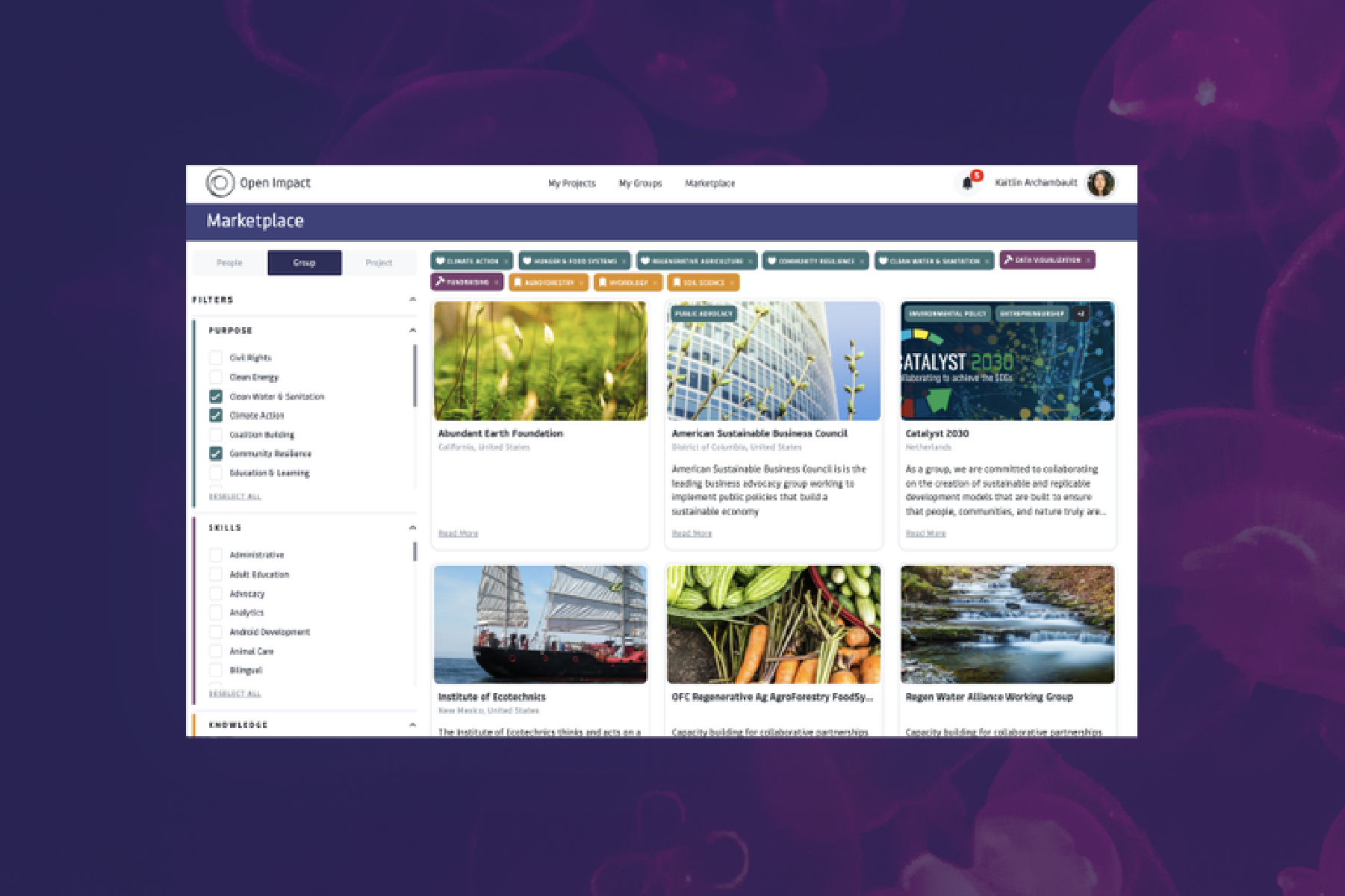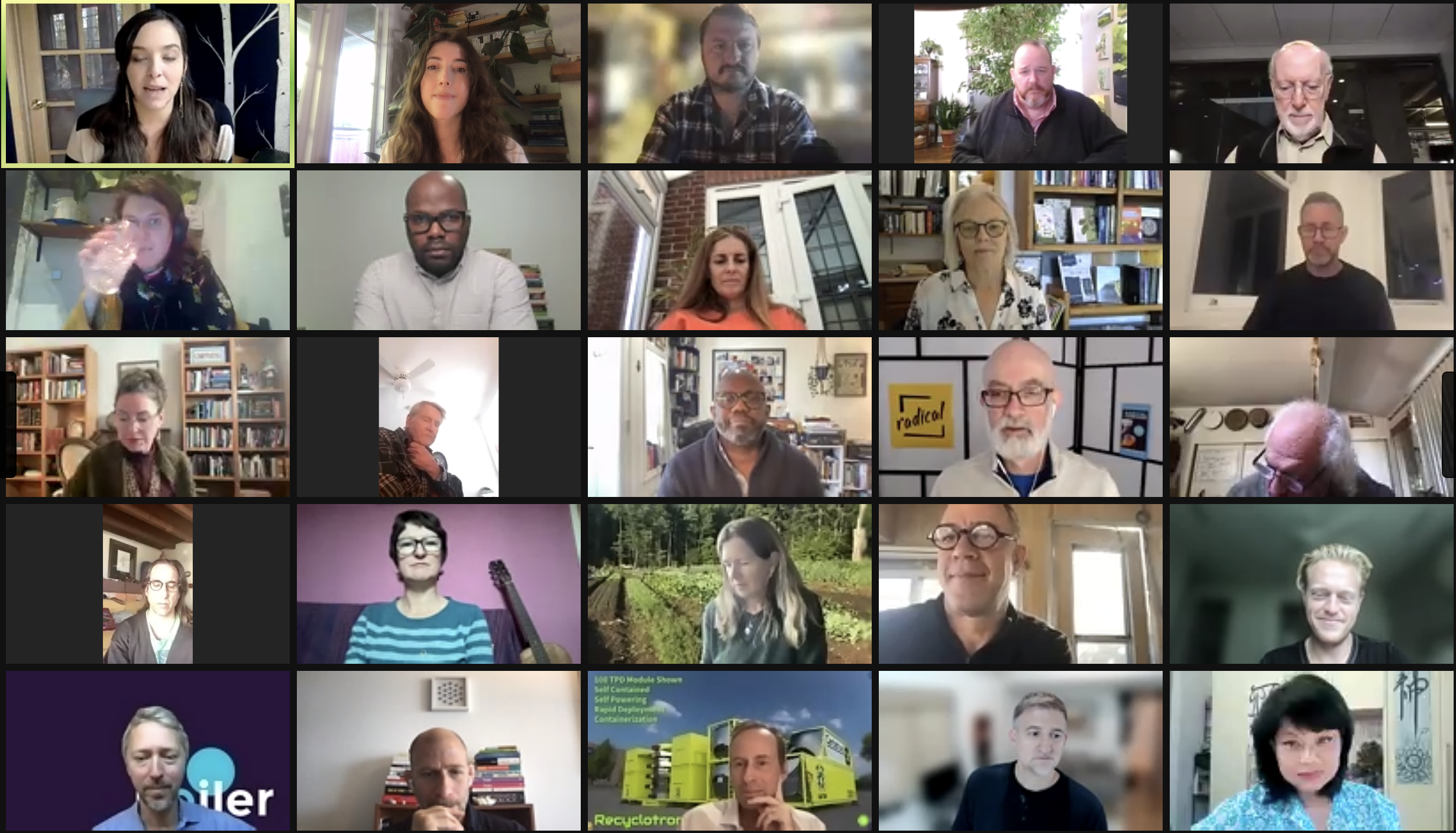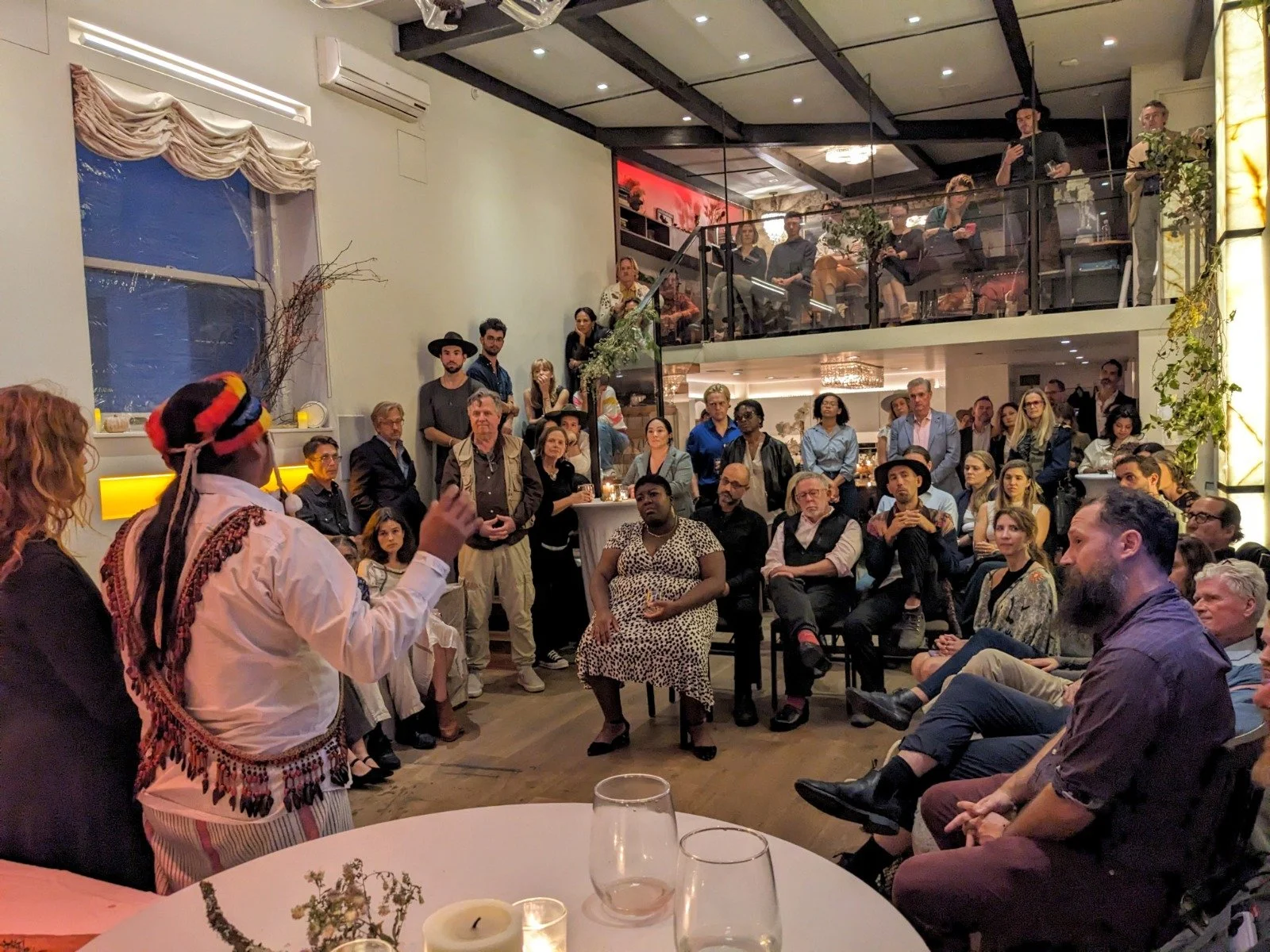
Regional Resilience Fellows
Across the world, communities are leading the way in restoring ecosystems, localizing food systems, and building the foundations of resilience. Open Future Coalition’s Regional Resilience Fellowship exists to resource, connect, and document these efforts—supporting the people, organizations, and networks guiding more resilient futures in their regions and sectors, while collectively informing the shared tools and templates that strengthen all of our efforts.
Now in its second year, the Regional Resilience Fellowship brings together a global cohort of locally rooted practitioners advancing regenerative solutions across ecological restoration, agriculture and food systems, community wellness, and the built environment. Fellows receive access to the Open Impact platform, individualized technical assistance, and participation in a global learning community for peer exchange and storytelling. Together, they co-develop and share tools, frameworks, and data that strengthen coordination and transparency within their own communities and across regions.
With efforts spanning over 50 countries across six continents, the 2026 Fellows collectively serve more than 150,000 community members today—and, through the Fellowship’s support, are poised to reach over 800,000 within three years. Their work ranges from youth-led climate movements and Indigenous-led conservation initiatives to cooperative food systems, regenerative entrepreneurship, and bioregional networks restoring land, culture, and democracy.
This year’s Fellowship builds on the accomplishments of the inaugural cohort—whose collective efforts reached 25,000 community members in 16 countries—by deepening accessibility and collaboration with regional and sectoral partners advancing community-led efforts across scales. Fellows are helping shape the evolution of the Open Impact platform and contributing to a growing global network of community-sourced solutions—a living knowledge commons where locally rooted practices can be adapted, scaled, and mobilized worldwide.
Together, the Regional Resilience Fellows are building a living system of learning and action—demonstrating how shared infrastructure can accelerate locally led entrepreneurship, strengthen community wealth, and grow resilience that lasts.

Ecological
Restoration
Food
Systems
Community
Wellness
Built
Environment
Announcing
our second
cohort
Representing community-led projects in over 50 countries across six continents, the 2026 Regional Resilience Fellows collectively serve more than 150,000 community members, with an expected reach of over 800,000 in the next three years. Their work spans youth-led climate movements, Indigenous-led conservation initiatives, cooperative food systems, regenerative entrepreneurship, and bioregional networks restoring land, culture, and democracy. Together, these Fellows embody the power of contextual, community-driven approaches that strengthen resilience, foster collaboration, and build shared infrastructure for a regenerative and equitable future.
-

AIME
Operating across Australia, Africa, and the Americas, AIME and Imagi-Nation form a global network rooted in Indigenous Knowledge Systems and imaginative education. Describing itself as “a nation for humankind,” AIME invites learners in over 50 countries to design new social systems that center the value of nature in our economies. Through mentorship, storytelling, and design, AIME builds bridges of belonging and reimagines education as a tool for planetary regeneration.
-

CoFED
CoFED is a U.S.-based cooperative movement builder creating a food economy powered by the visionary leadership of young queer, trans, Black, Indigenous people, and people of color. Through training, community grants, and solidarity networks, CoFED supports cooperators and farmers advancing food and land justice. Its work seeks to transform an extractive system into one rooted in healing, relationship, and collective liberation.
-

Climate Democracy Initiative
Based in Colorado, USA, the Climate Democracy Initiative (CDI) strengthens democracy to meet the environmental challenges of our time. CDI ensures that communities most affected by environmental decisions have the power to shape equitable and just outcomes through community visioning, youth leadership, and narrative and policy change. Their work advances a more participatory, resilient, and sustainable future.
-

Earth Guardians
Earth Guardians powers a global network of more than 115 youth-led volunteer Crews across 42 countries, uniting Traditional Ecological Knowledge with science, creativity, and strategic organizing to deliver locally rooted, scalable climate solutions. Led by a majority-BIPOC team under 30, Earth Guardians equips the young people and communities most impacted by climate change with training, honoraria, mentorship, advocacy skills, and global platforms to turn climate anxiety into tangible change—policy shifts, restored ecosystems, and resilient communities.
-

The Greenpop Foundation
The Greenpop Foundation is a Cape Town–based environmental nonprofit on a mission to restore ecosystems and inspire positive environmental action across Sub-Saharan Africa. Through reforestation and urban greening projects, creative eco-education curricula, and hands-on volunteer campaigns, Greenpop makes environmental restoration accessible and joyful. Its work cultivates a culture of stewardship and collective care for people and planet.
-

Gullah/Geechee Cultural Community Trust
Rooted in the U.S. Southeast, the Gullah/Geechee Community Trust (GGCCT) engages a diverse coalition of regional and national stakeholders committed to sustaining Gullah/Geechee culture. GGCCT and its partners have built pipelines to legal services, supported rural landowners in sustainable land use, and advocated for the descendants of imperiled historic African American cemeteries. The Trust prioritizes initiatives that maintain and secure land for the continuation of culture and the protection of Gullah/Geechee cultural resources.
-

KAYESE
KAYESE 256 (Karamoja Youth Efforts to Save Environment) is a grassroots organization based in Karamoja, Uganda, founded on the ideals of youth volunteerism and community-based action. Working through local structures and traditional institutions, KAYESE mobilizes youth to engage in environmental restoration, sustainable agriculture, and local governance. Their participatory model builds collective agency for social and ecological resilience.
-

KHOJ Melghat
Founded in the Amravati District of India, KHOJ Melghat is a community-based organization working at the intersection of ecology, health, and education in indigenous villages. Through participatory agriculture, women’s leadership, and environmental education, KHOJ advances sustainable livelihoods and biodiversity protection. By bridging traditional knowledge with applied research, it nurtures self-reliant communities and a resilient ecosystem in Central India.
-

Mayma
With 18 years of experience and over 9,600 entrepreneurs impacted across five Latin American countries, Mayma is an NGO committed to accelerating the transition toward a conscious, inclusive, and regenerative economy. Through training programs, mentorship networks, and peer learning, Mayma supports entrepreneurs who drive socio-environmental impact and the creation of regenerative territories.
-

RAD Network
Based in Canada, RAD Network is a growing network of Indigenous leaders, Knowledge Carriers, Guardians and allies working toward a shared vision for decolonized and regenerative Indigenous-led conservation. Together, they seek to bring sustainability and abundance to Indigenous-led nature and climate solutions—through collaboration, co-learning and reciprocity—to connect Indigenous Nations and communities to the resources and tools for advancing Indigenous Protected and Conserved Areas (IPCAs) and nature-based solutions.
-

REDES
REDES (Réseau pour l'Émergence et le Développement des Écovillages au Sahel) is a Sahel-wide network of eco-villages and community alliances spanning Senegal and Mauritania. Working through local governance, reforestation, and sustainable agriculture initiatives, REDES empowers villages to reverse desertification and strengthen social cohesion. Its approach demonstrates how ecovillage principles can restore degraded landscapes and build climate resilience through cooperation and peace.
-

Re:Generating Panjab
Re:Generating Panjab is a bioregional people’s movement reimagining the Land of Five Rivers as a model for regeneration in India. Rooted in soil, water, and community, the movement works to revive ecosystems and empower farmers, youth, and women to build circular, life-affirming economies. Guided by the ethos of “Soil | Soul | Sovereignty,” Re:Generating Panjab seeks to heal land and spirit through community-led action.
-

Sanaterra One Health & Microbiome Living Lab
Based in Extremadura, Spain, with partnerships in Morocco, SanaTerra advances One Health and microbiome-based approaches to food and agriculture. Through its SME La Verabat S.L. (YorGut® and Mibiotico® brands) and the Association du Docteur Fatiha (ADF), SanaTerra integrates science, traditional knowledge, and community collaboration to deliver precision nutrition, circular economies, and rural empowerment. Their Living Lab models how microbial ecology can serve human and planetary health.
-

Teton Topo
Operating across the western U.S. and Canada, TetonTopo practices “Radical Geography,” creating maps that support Indigenous reconciliation and land stewardship. Their cartographic practice restores relationships among people, places, and ecosystems by visualizing the living connections across territories, watersheds, and bioregions. TetonTopo’s participatory mapping advances truth-telling, regeneration, and care for land as relative.
What fellows gain
-

Technical tools to support & scale
Tailored technical assistance, training, and access to the Open Impact platform help streamline project management, coordination, and measurement, supporting work that scales from local to regional.
-

Peer learning & collaboration
Cohort sessions, peer exchanges, and co-development of tools foster real-time collaboration and shared problem-solving across regions and sectors.
-

Amplification & storytelling
Storytelling templates, customizable dashboards, and engagement tools make impact visible, strengthening communication and collective visibility.
-

Growing the field
Together, participants build a living library of locally rooted solutions and resources that inform and inspire regenerative efforts worldwide.
P R O G R A M I M P A C T
Celebrating the First Year of the Regional Resilience Fellowship
In its inaugural year, the Regional Resilience Fellowship brought together 21 organizations across 35 project sites in 16 countries, collectively reaching more than 25,000 people. Together, Fellows co-developed 64 templates and 99 impact indicators, published over 1,500 community-sourced resources, and helped generate 7,500 data points across ecological, social, and economic dimensions. These collaborations launched new shared tools for impact dashboards, storytelling, and program delivery, forming the foundation of a global Living Library that now connects solutions across regions and sectors.




